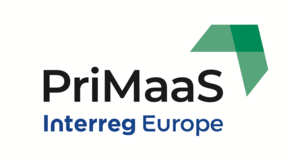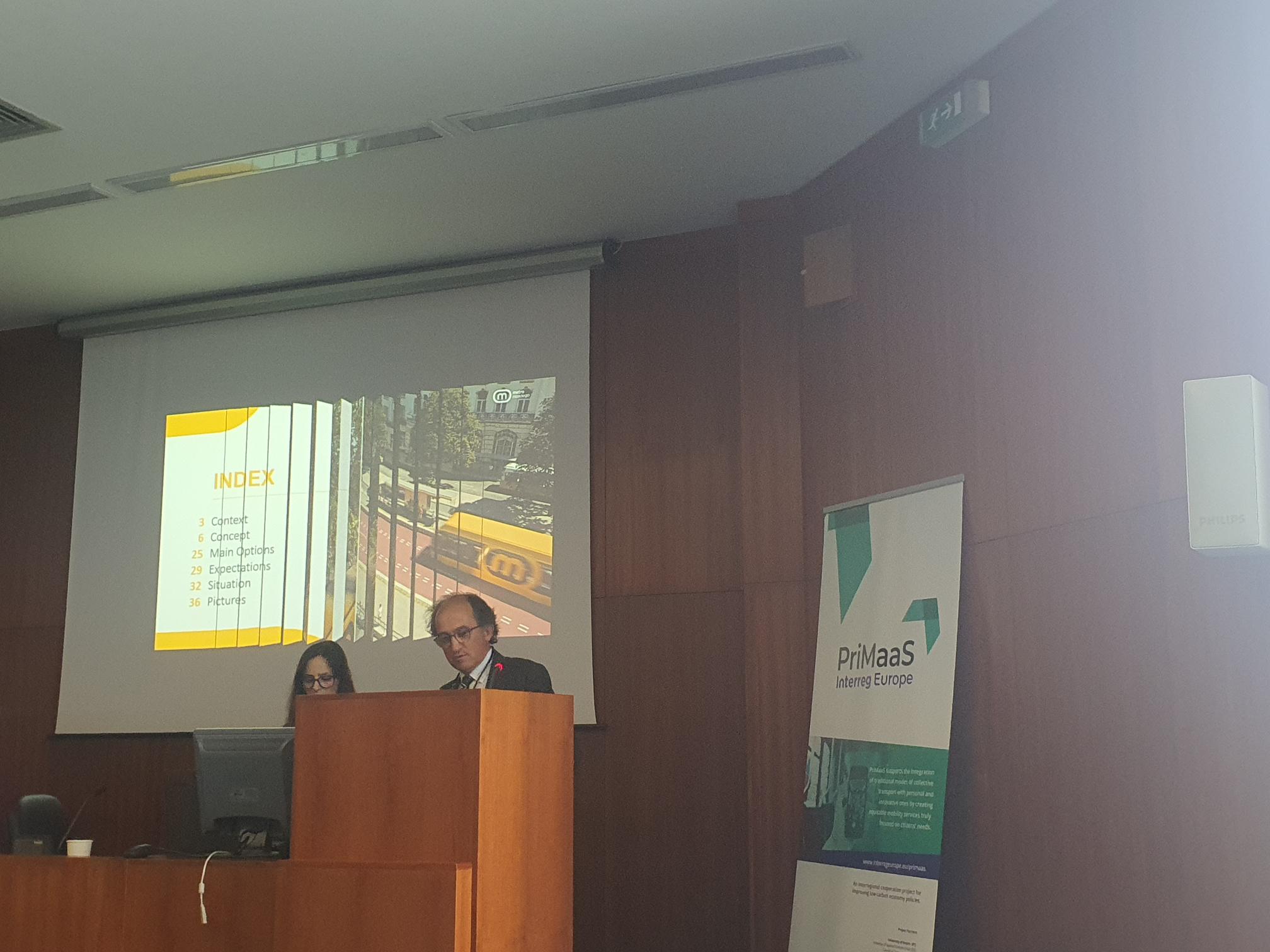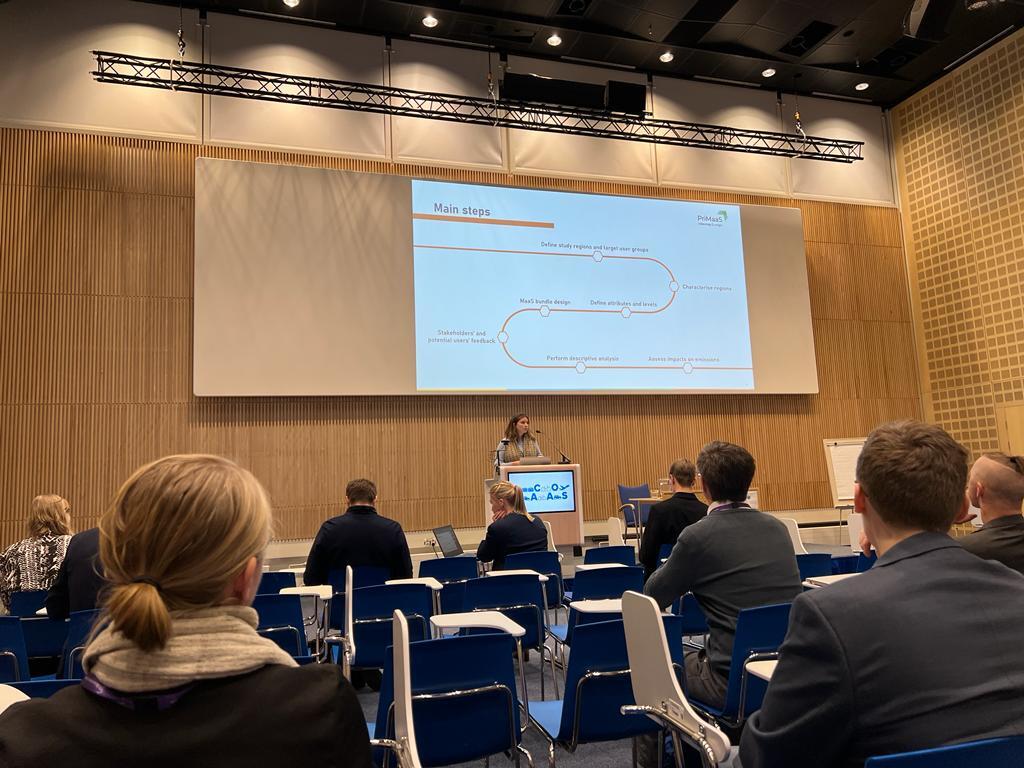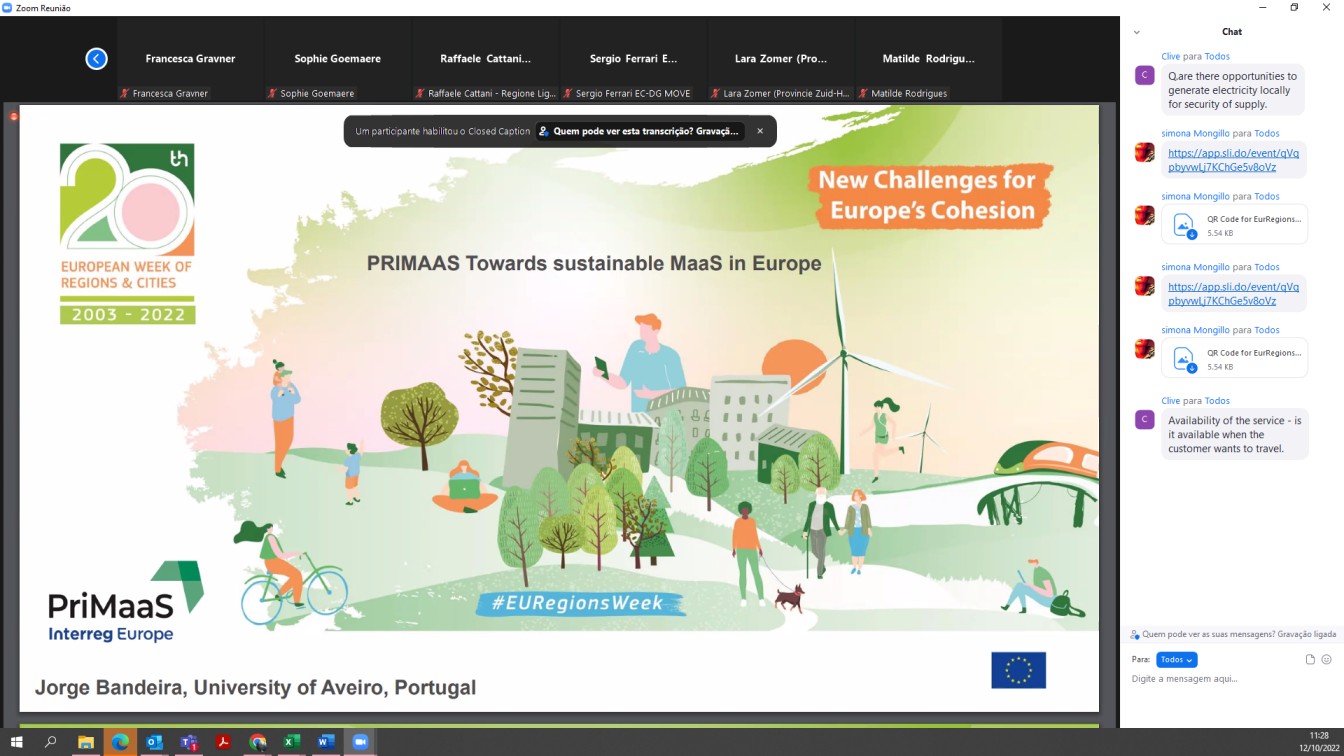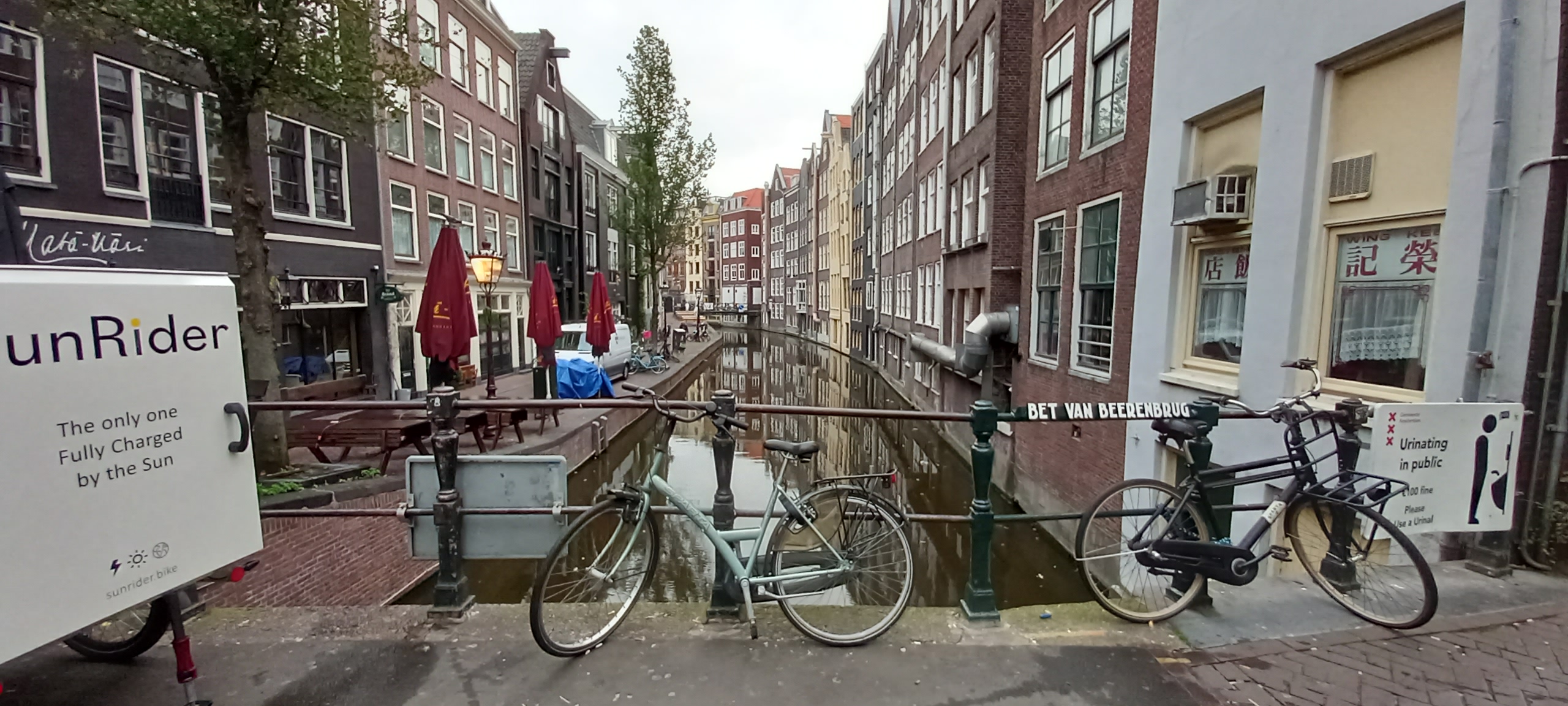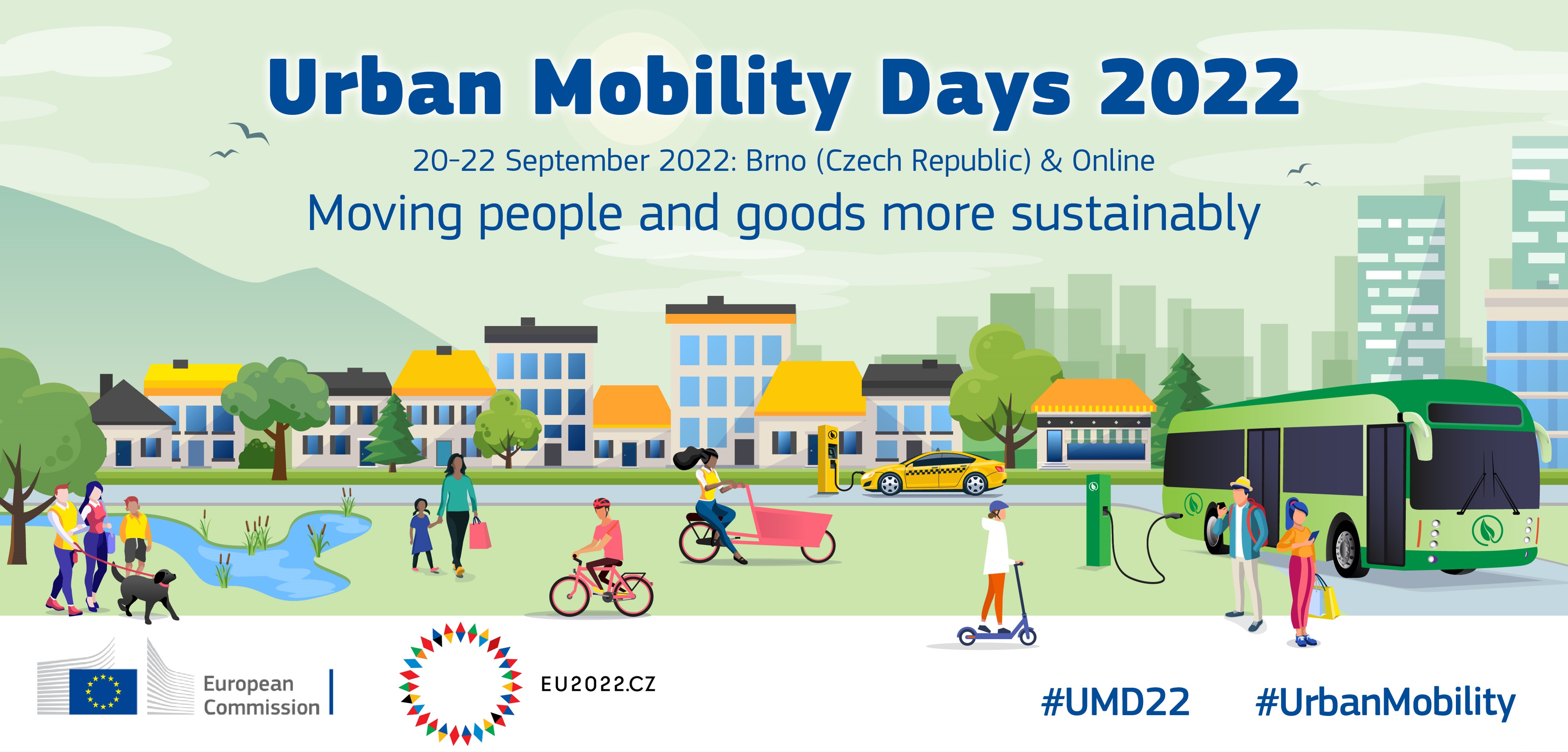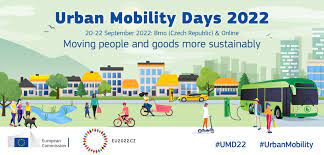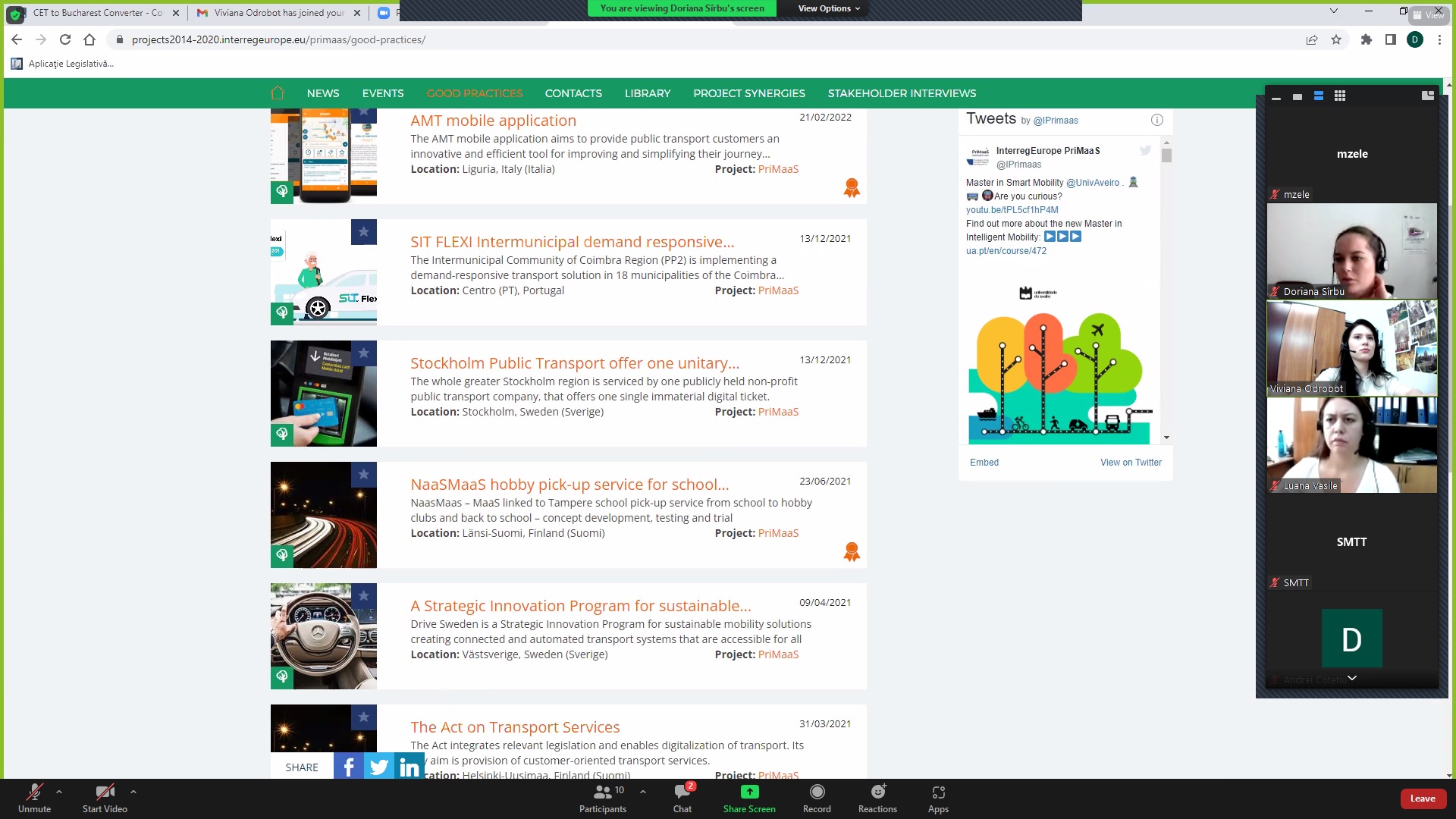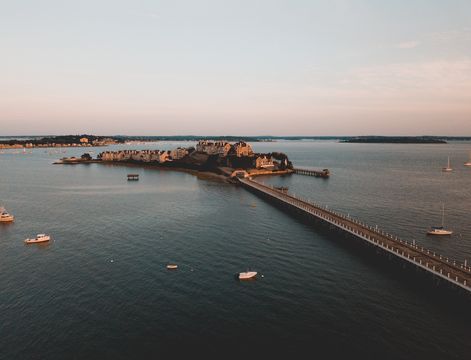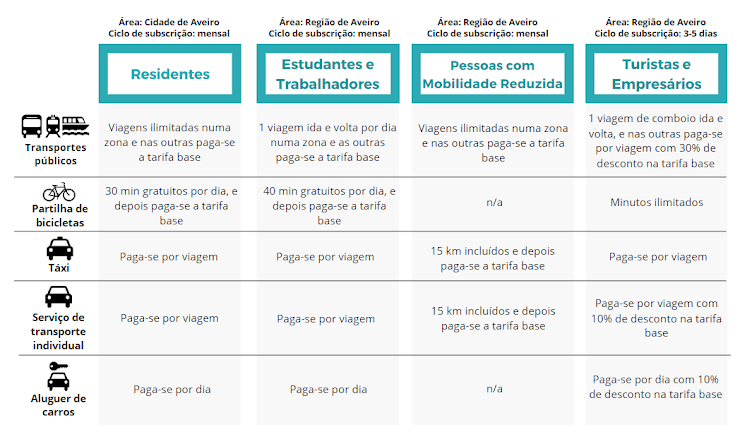The Council of Tampere Region arranged the second Regional Stakeholder Meeting in PriMaaS. There were 13 participants including members from six stakeholder organisations. In the circumstances of COVID-19 the meeting was online. The meeting started with introduction of two new members – Business Tampere and Transport Research Centre Verne of Tampere University. Other members continued with their situation updates. A common theme impacting to the situation of every member has been COVID-19 epidemic. The impact has been huge especially to the organisations arranging transport. According to the statistics of Nysse, Tampere Regional Public Transport Authority (PTA), there has been 70 % reduction in passenger volumes. For Tuomi Logistiikka, an organisation arranging regional passenger transport for citizens with disabilities and material logistics of the hospital district of the region, the reduction in volumes has been nearly as high. According to Tampere Region’s ELY-Centre, PTA outside of urban area, the reduction has been 80 %. The city of Valkeakoski has started to provide shopping bag deliveries for 70+ year old citizens but at the same time, many transport services are not needed and have been shut down.
Although the current situation has been challenging for all stakeholders and adapting to it has demanded most of the resources there is still a strong will to look further into the future and develop regional transport system. Nysse and Tuomi Logistiikka are updating their information systems and it will increase potential to create new MaaS solutions to the region. In Finland the legislation is well developed creating good conditions for MaaS. Stakeholders recognised this and mentioned that often the organisational barriers are more significant than technical ones for developing MaaS. At the national level the Ministry of Transport and Communication Finland is also doing the first 12-year national transport system plan. Three objectives of the plan are: sustainable transport especially at urban areas, accessibility nation-wide and sosio-economic efficiency. In the discussion it came out that MaaS can tackle all three objectives. The plan will be completed in the spring 2021.
Mikko Vallbacka, PriMaaS project manager in the Council of Tampere Region, presented project’s status update. ALPIO project that was piloted in the region is proposed to be one of the good practices in PriMaaS. In the meeting it was concluded that MaaS is a theme that needs cooperation in order to succeed and the PriMaaS stakeholder group is a good platform to continue the work already being done in the region.
